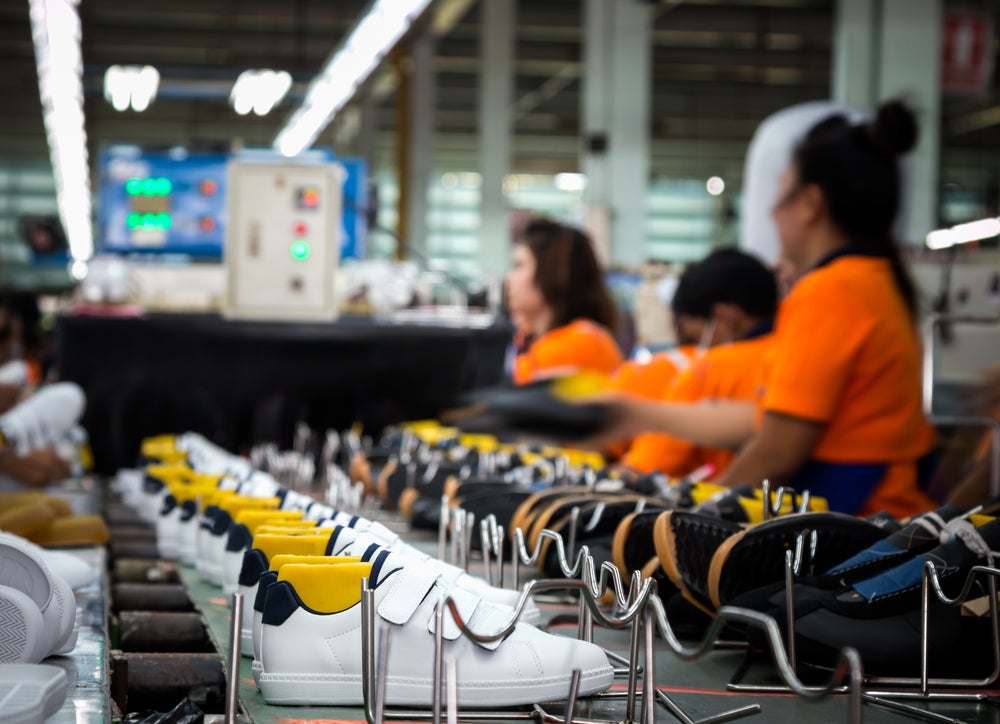
The FDRA surveyed footwear professionals between October and November 2023 and found traceability remains a key concern for footwear.
“Unlike a t-shirt, we produce a product that has 60+ materials and components, coming from multiple suppliers across several continents,” the FDRA explained.
The FDRA argued that 80% of the environmental impact of fashion originates from its manufacturing and the materials used, but shoes and clothing are made of very different components. It says the same standards and expectations should not be applied to both sectors.
Just 29% of survey respondents said they had a full map of all their material suppliers, with 61% unable to confirm the full supply chain. This is up slightly from 2022, when just under a quarter (24%) of respondents could track all their material suppliers.
One respondent told the FDRA: “Traceability is a major concern and challenge in this ever-changing sector. Inspection and testing is critical and it has to be 100% accurate when making green claims.”
However, the FDRA noted the sector was seeing improvement, with 80% of survey respondents stating they feel they are progressing on traceability. It added there was a split between those working at companies with stronger control over their supply chains and those who are more constrained by market conditions.
When asked to rate their company’s sustainability strategy, survey respondents gave their workplace an average score of 6/10, which was cited as “similar” to last year’s FDRA report result.
The FDRA said it was “encouraged” by reports from some respondents on clarity, defined goals and directed efforts, although it added that it was also concerned by half of the respondents reporting their company was in “neutral” or “downshifting” on sustainability.
Over half (63%) of FDRA’s survey respondents were now using more recycled materials than in the previous year, although this was down from 80% in 2022. Looking ahead, 68% of respondents said their company was planning to increase its use of recycled materials in upcoming products, which was also down from 82% in 2022.
The FDRA said: “The challenge for the industry is how to verify and certify recycled materials.”
Bio-based materials saw a similar pattern with 34% of respondents using more of these in products than in the previous year, down from 41% of respondents in 2022. The FDRA attributed this decline to budget and cost restrictions.
However, 53% of respondents said their company was planning to increase its use of bio-based materials in the next year, up from 44% in 2022.
The report explained: “We are encouraged in the outlook for bio-based materials to reduce environmental footprints. The issue with biomaterials remains costs, but many bio-based components are outperforming traditional plastic-based components.”
The FDRA previously created a guide using feedback from suppliers and dozens of shoe companies to show the threshold for shoe Environmentally Preferred Materials.
In August, US sustainable footwear and apparel retailer Allbirds open-sourced the production methodology for its M0.0NSHOT net zero carbon shoe.



